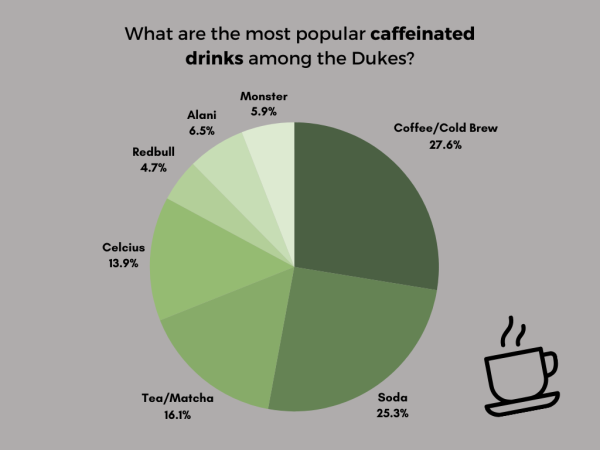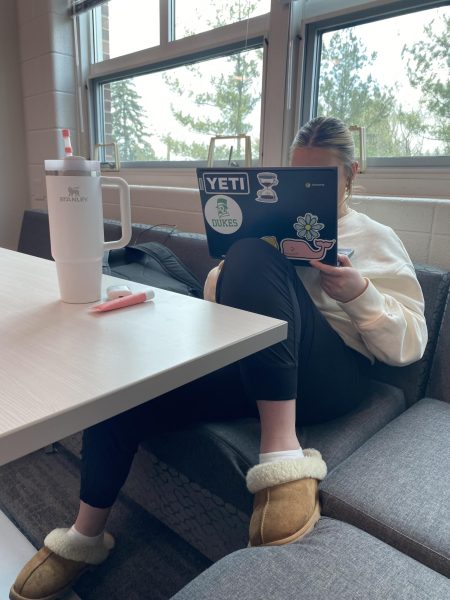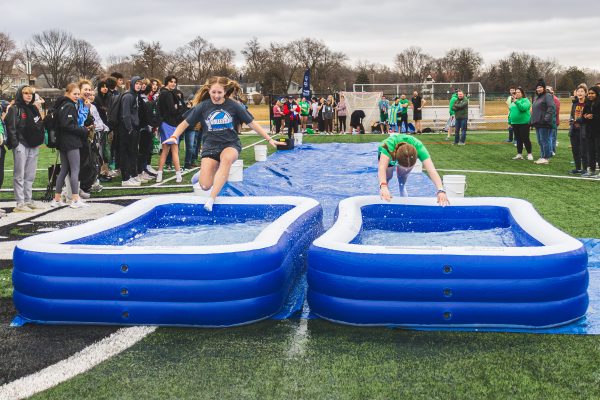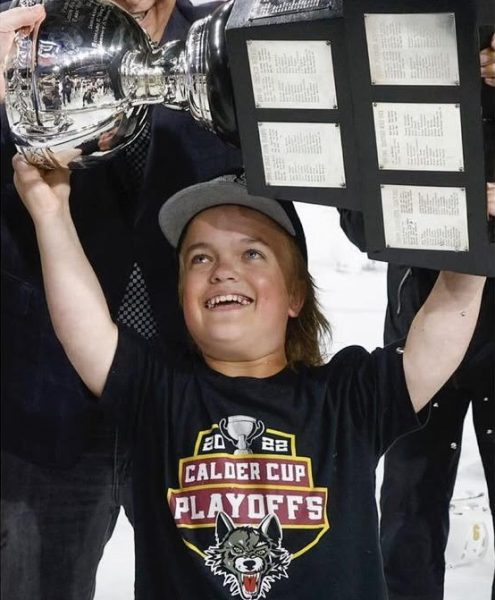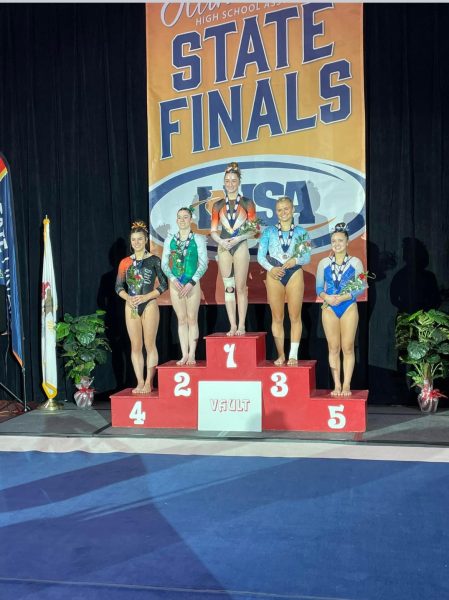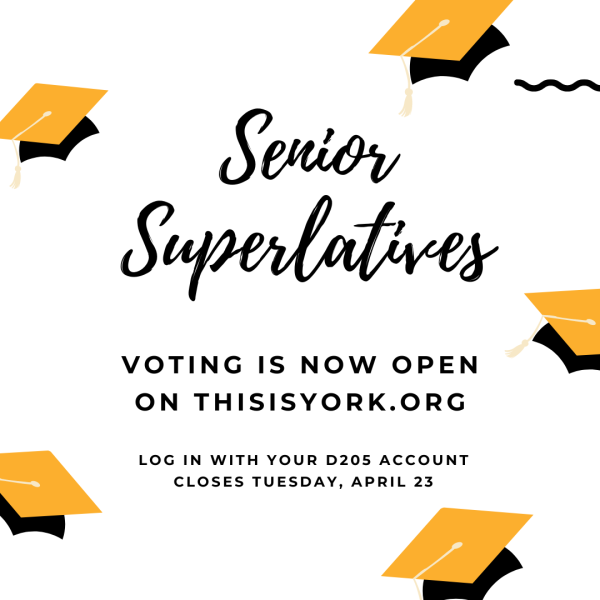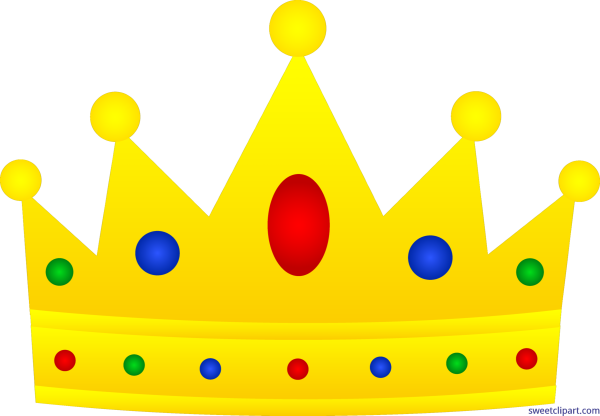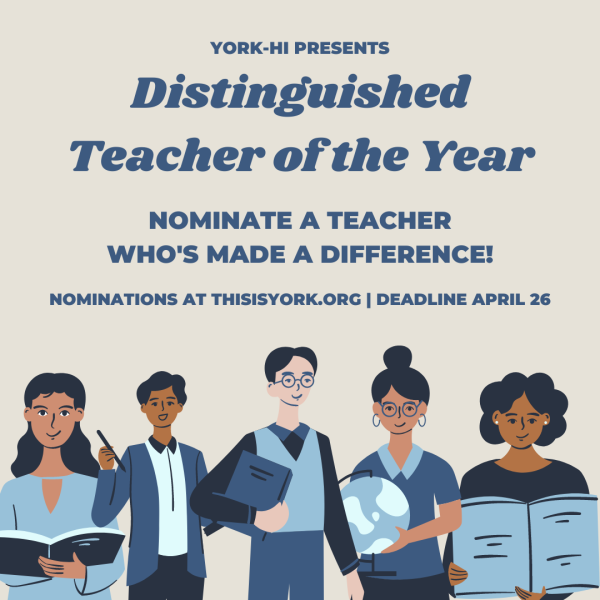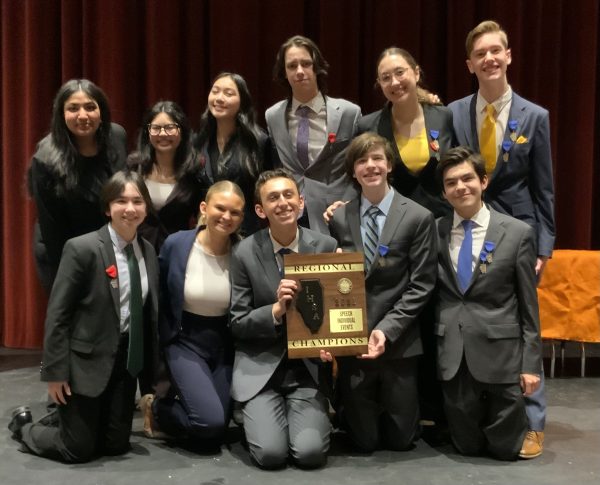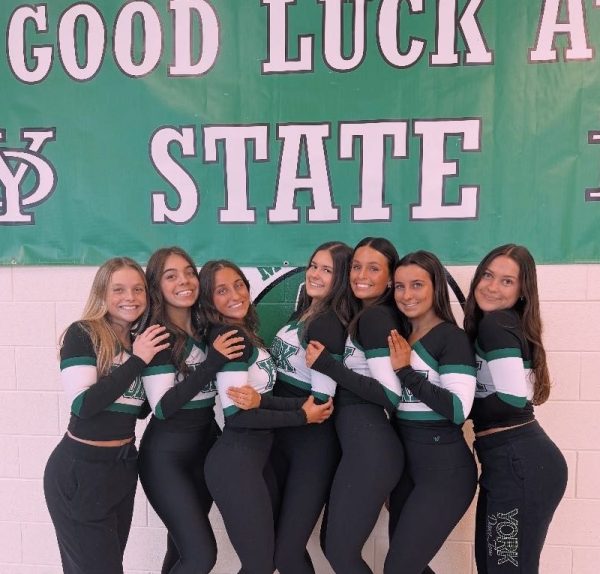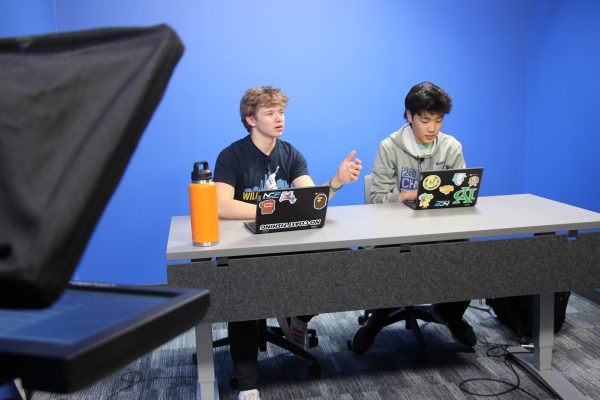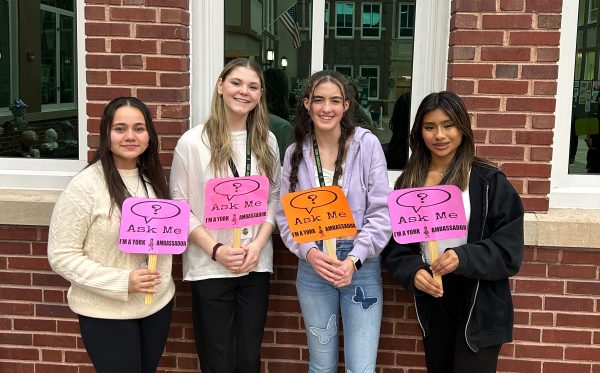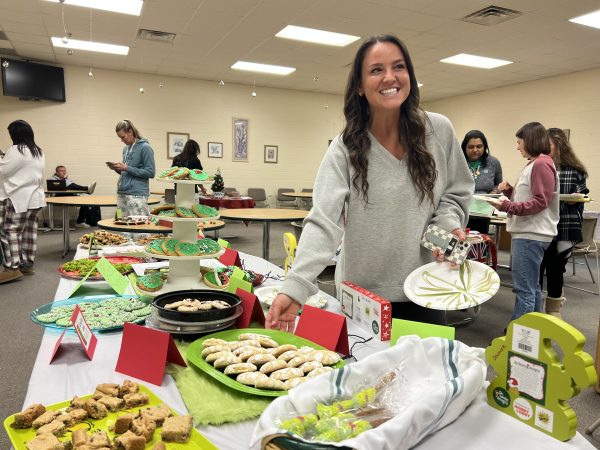Under the Monocle: Allan Tereba
On Fri. Nov. 4, Distinguished Alumni Allan Tereba visited York to share his story that led him from York to an extremely successful scientific career, specifically in forensics.
Even in fourth grade Tereba knew that he was destined for a career in science.
“I negotiated with my teachers to give me two or even three stars for reading large scientific textbooks,” said Tereba, “instead of one star for the average fourth grade book.”
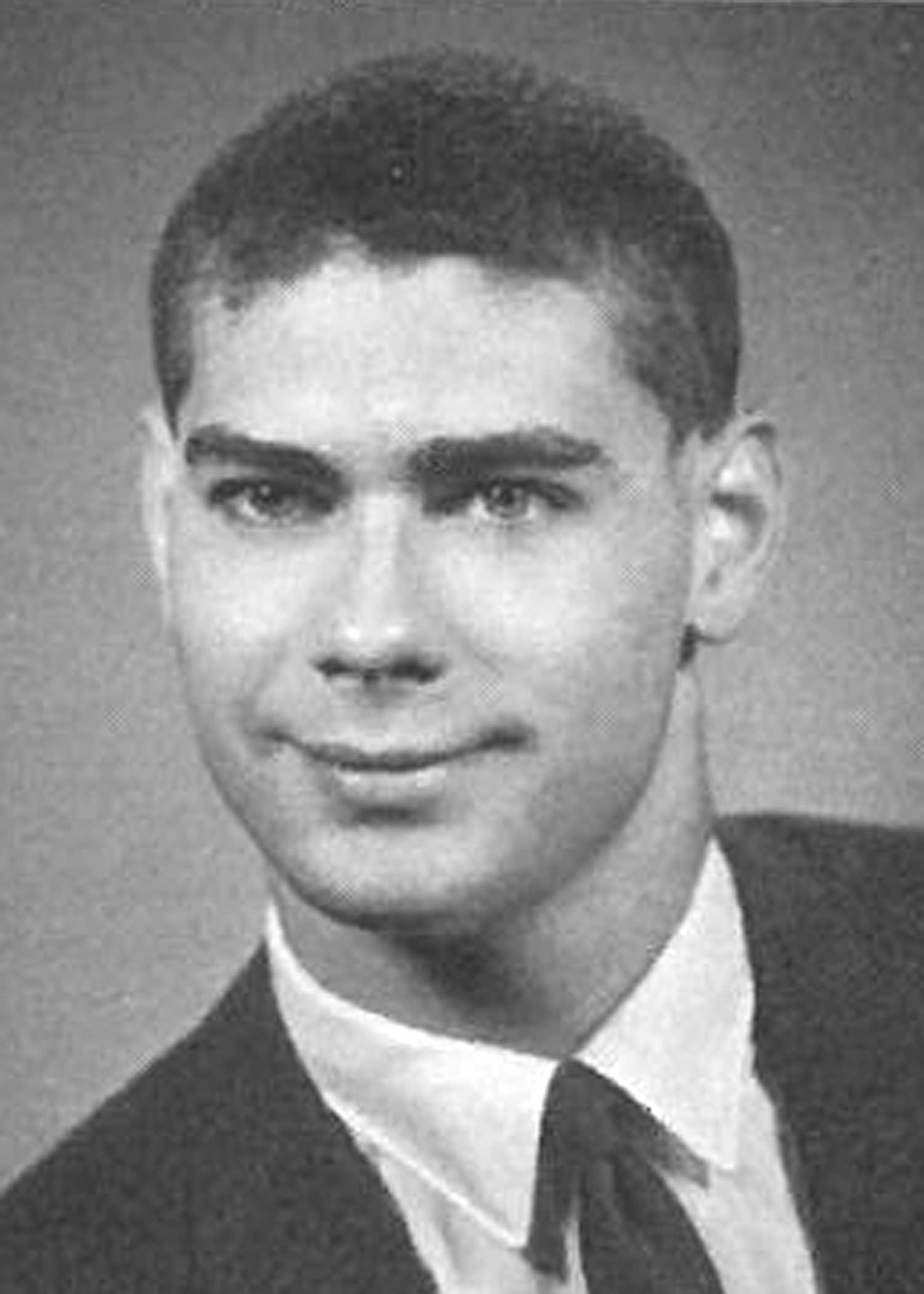 This persistence to study “large scientific textbooks” and going above and beyond to learn launched him into a path he continued into high school, being a lab assistant his senior year at York. He assisted his favorite teacher Mr. Davis, who he credits with giving him an appreciation for chemistry and getting him into Indiana University.
This persistence to study “large scientific textbooks” and going above and beyond to learn launched him into a path he continued into high school, being a lab assistant his senior year at York. He assisted his favorite teacher Mr. Davis, who he credits with giving him an appreciation for chemistry and getting him into Indiana University.
After he graduated Indiana, he received his PhD from University of Washington. This education helped him to develop technology that identified over a dozen missing women, this evidence a crucial part of convicting Robert Pickton, “the most prolific serial killer in history”.
Outside of academics, Tereba also participated in sports and speech.
“I’m an introvert and somewhat dyslexic, so I was terrified about speaking in front of a room of students,” said Tereba. “However Mrs. York gave us techniques and encouragement so that I not only felt comfortable talking to students in her class, but in my career talking to large audiences, national and international in meetings.”
As someone who was “terrified” of public speaking, Tereba credits his speech teacher Mrs. York with helping him step out of his comfort zone so he could learn the skills he needed to address large groups of people. Along with speech, he also learned crucial skills from the sports teams he was a part of.
“The long hours of practice taught me time management skills, so I could keep my grades and be in the National Honors Society senior year,” said Tereba. “The disappointments taught me to acknowledge failure, which is a common thing in scientific research, and then being able to move on and try new approaches.”
Tereba’s story of success teaches students that it’s good to explore different activities, because you never know what you may learn from them, such as “time management” and the ability to “acknowledge failure”. Neither of these are specific to sports, nor are they specific to academics. Tereba has noticed and observed many things throughout his career, just like he was able to observe that you can learn from all different people and experiences.
He left the students with advice that he has taken to shape him into the Distinguished Duke he is now.
“I want to finish by encouraging you, no matter how busy your career may be, leave time for your family and give back to your community through your time and effort, so it’ll be a better place to live,” said Tereba.
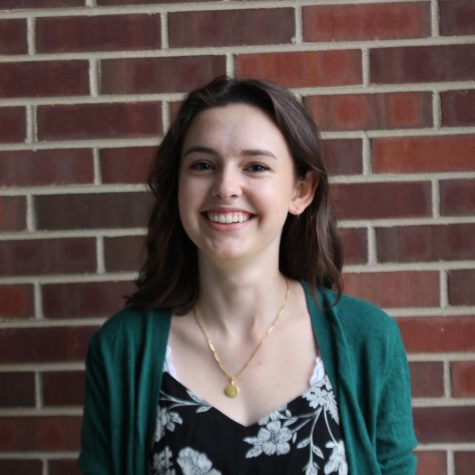
Ellie Ryan is a senior and is so excited for her fourth year on York-hi! This is her second year as Editor-in-Chief, and her third year of being an editor...


